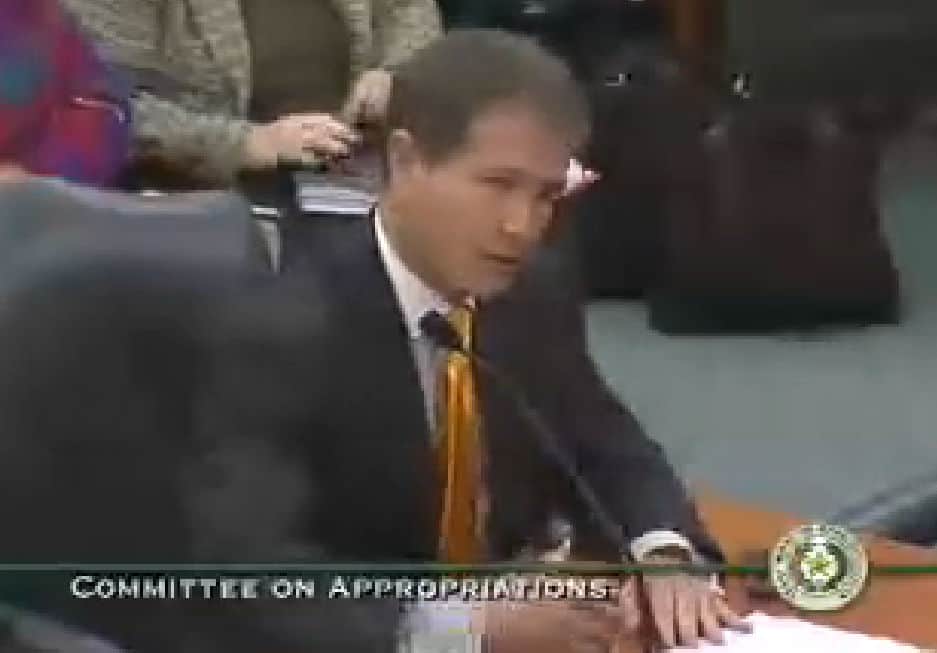
Within the last 24 hours, major media in Texas have published stories on their continuing investigations into former OIG deputy inspector general for enforcement Jack Stick and his allegedly favored treatment of an Austin software company for Medicaid fraud detection software.
Links to the stories:
Houston Chronicle – “State stretched no-bid program to help local company”
Austin American Statesman – “Texas Medicaid fraud contract unfairly awarded to 21CT, rivals”
Texas Tribune – “Second HHSC Contract Scrapped Amid Bidding Questions”
Abiline Reporter – “Reform sought for agency investigating health, human services fraud”
Used influence to get business to firm, avoiding competition
The upshot of the stories is that Stick allegedly used his influence to get a favored position for the company 21CT so that the competitive process for contracts could be avoided.
Per the Chronicle story, the state program Stick used to approve the initial contract with 21CT wasn’t meant for such large contracts.
The Cooperative Contract program, which allows government agencies to bypass competitive bidding requirements by choosing from pre-approved IT products, has been used over the past five years for purchases averaging $3,493, according to a Houston Chronicle analysis of the 2.5 million transactions over that time.
Real Medicaid fraud was not being detected!
The most interesting information to come out has been from David Gibson of Reflective Medical, one of the companies that did a “proof of concept” for their Medicaid fraud detection software back in 2010 and 2011 for HHSC.
Gibson told the Statesman:
Gibson said his company’s findings included the revelation that the inspector general couldn’t track which
Texans are eligible for services under Medicaid, where they live, their genders or their conditions. This allowed
for substantial cases of apparent fraud, as much as a quarter of the state’s $28.3 billion in annual Medicaid
spending, he said.
“We had 9-year-olds getting tubal ligations and births,” said Gibson, a medical doctor, whose team of analysts
includes former FBI investigators. “We had women who were 198 years old who were getting testicular biopsies.
Their eligibility files were so corrupted that they were paying for things that were totally implausible.
“They were paying claims for men who were giving births.”
21CT defends itself
The company’s CEO has issued a release that they did nothing wrong and are being ganged up on by bigger companies.

